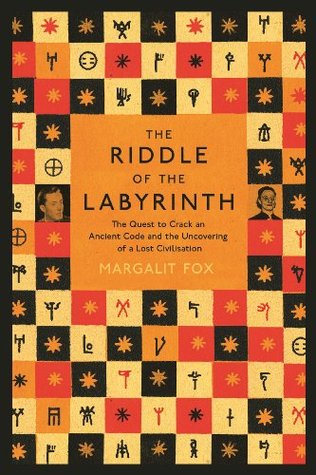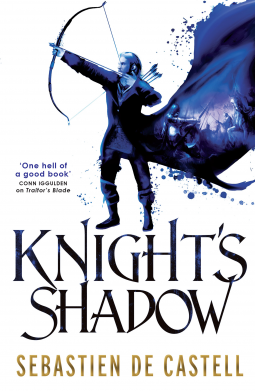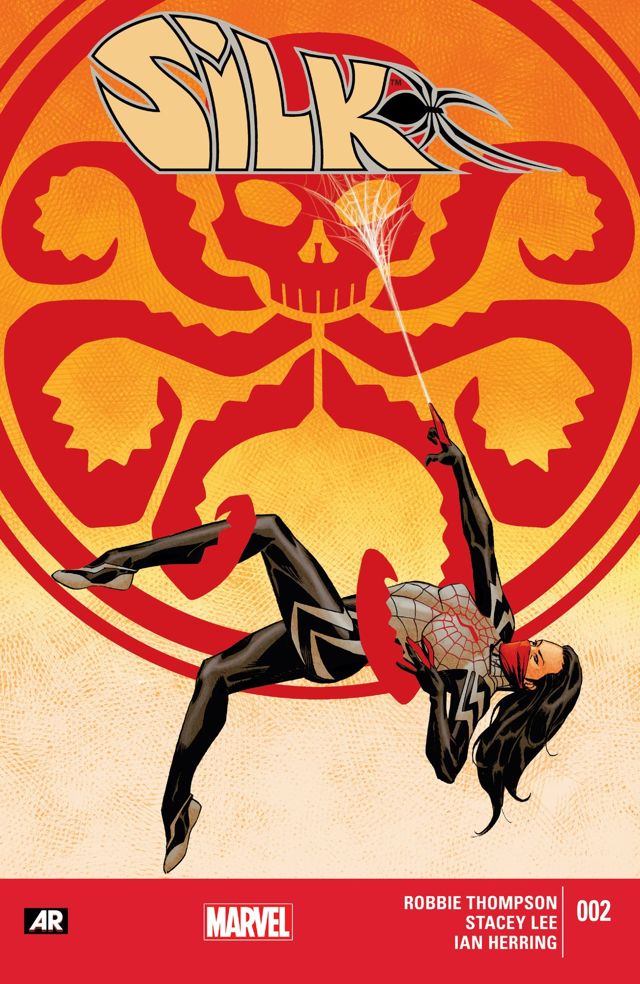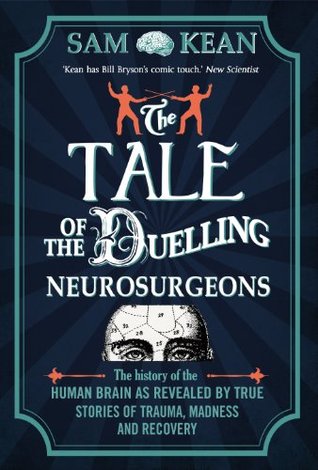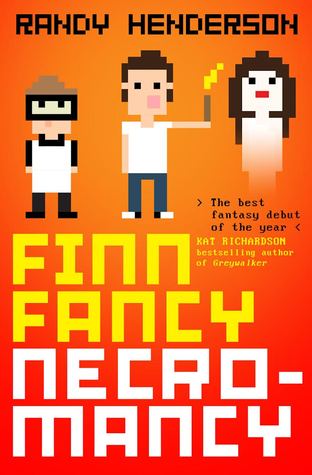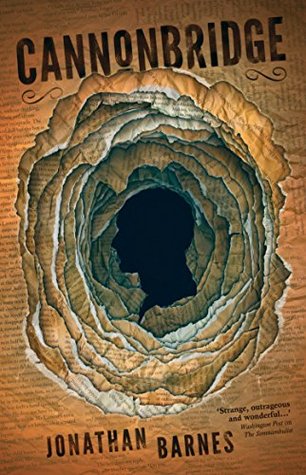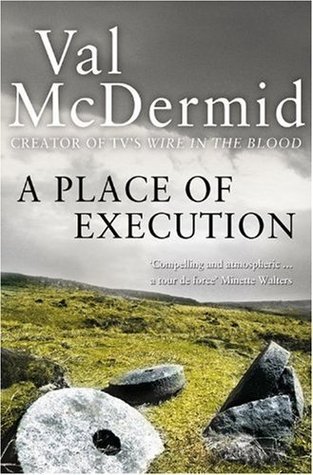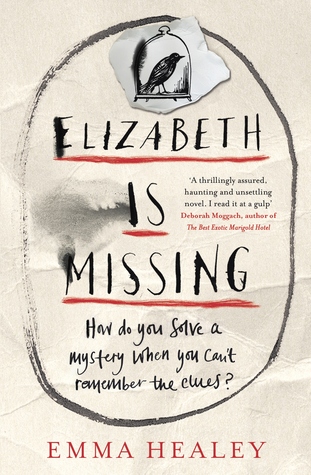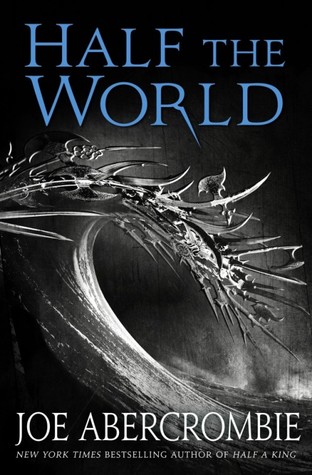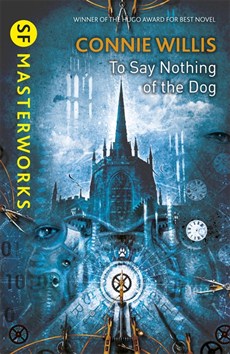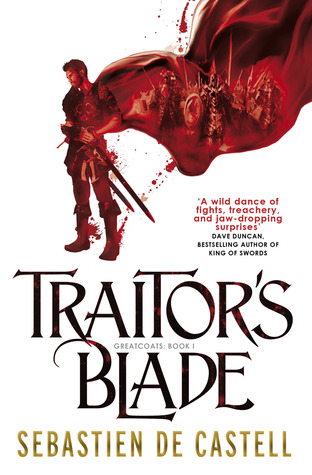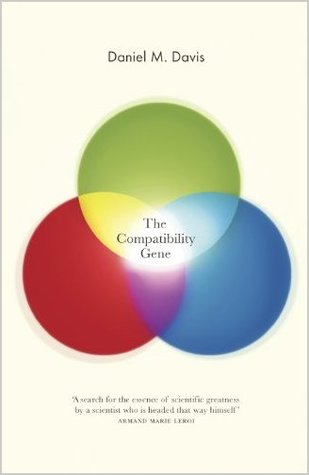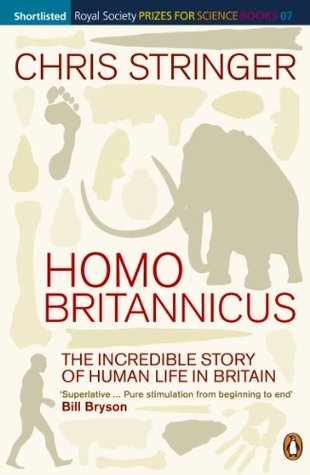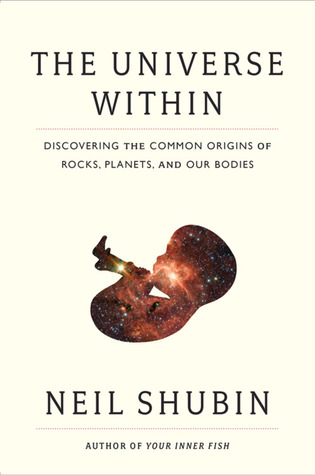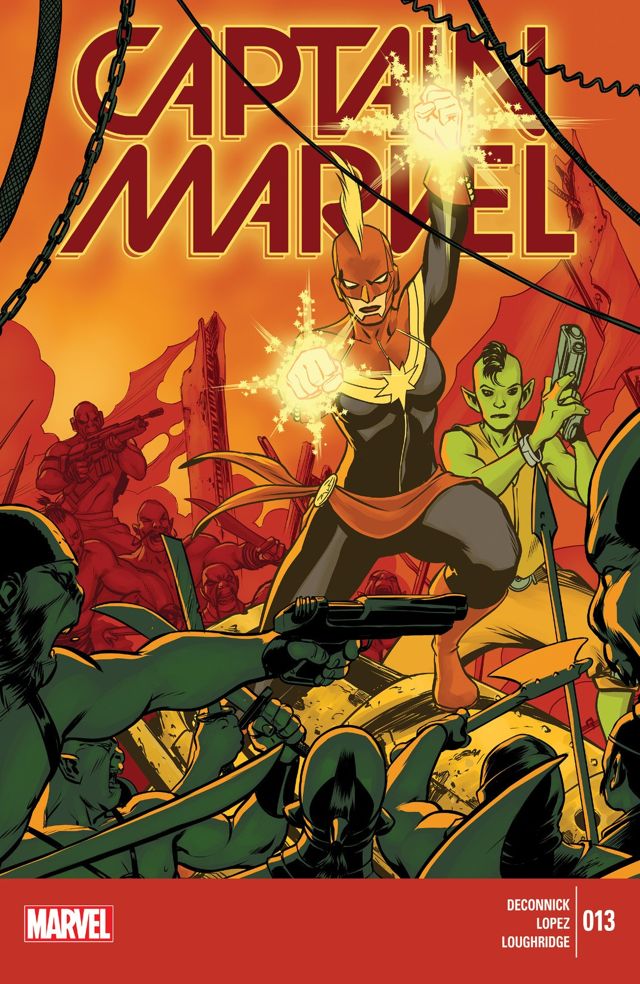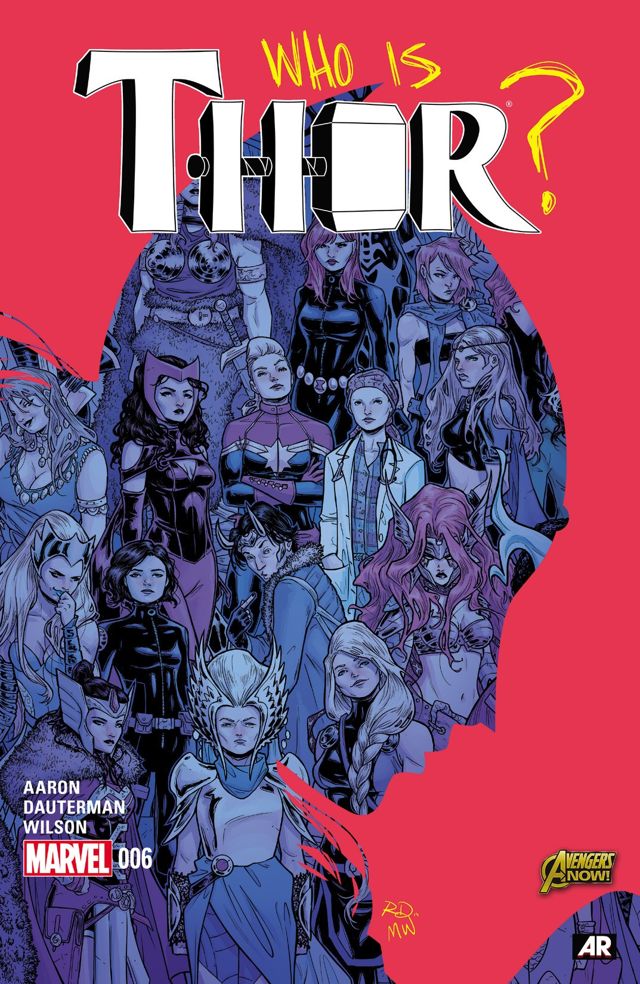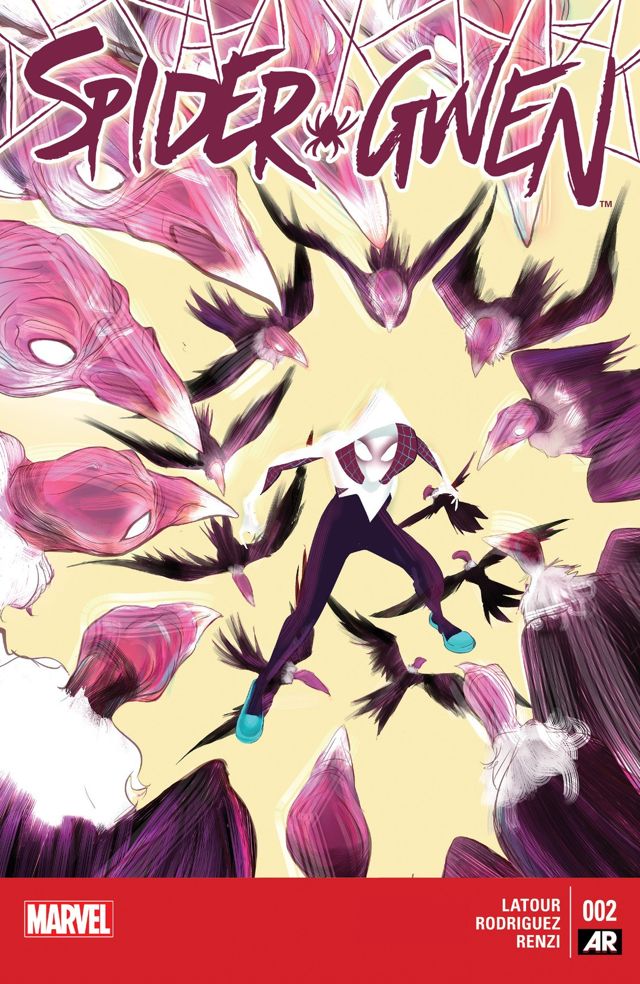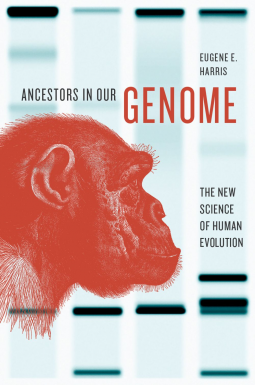I don’t particularly argue with the premise of this, but the constant emphasis on how everything is pre-determined for us before we’re even born… I prefer to live my life as if I have free choices, as if I’m a unique person formed by all sorts of circumstances over time, not just by stress chemicals my mother released while I was gestating. As if I’m responsible for, if not what I am, then what I do with what I am. Swaab’s research removes even that responsibility, if you follow it logically: if paedophilia is caused by something in the brain, and successfully inhibited in some people by their amygdala, that leaves people with the defence, “Oh, my amygdala is too small to inhibit these urges, it’s not my fault.”
You can extend that argument forever, and then what’s the point in living? We don’t experience it as just a series of chemical processes.
I also noted that Swaab avoids addressing some things. I looked in the index for any mention of asexuality, for example — surely he must have considered studying people who don’t feel sexual attraction, in all of this? Apparently not. You can’t check up on any of his results and conclusions, because there are no references. He claims that socialisation has nothing to do with gender-based preferences in toys and later, by extension, professions. Tomboyish girls are, in his book, girls gone wrong: they just have too much testosterone, so they don’t prefer the things that biologically (he says) they should.
I don’t like the way this book tackles the subject, even where I know that other research backs him up. I don’t like his attitude to other experts, to people who question his results, or… well, any of it. I’ve read most of this stuff before, but presented with much more care and consideration. I find something about Swaab’s whole attitude distasteful.
Rating: 1/5


